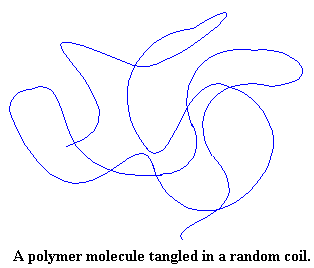Electrostatic ions can be studied by altering the pH because proteins often become denatured with extreme pHs. Electrostatic repulsion forces the protein to denature, along the higher charge density. Ions typically cause the proteins to denature; however, in some cases, these salts that can cause the proteins to stabilize. The charge state affects the stability as well as the solubility of the proteins. Low salt concentration promote insolubility. Therefore, in most energy mixes, it is necessary to have salt in order to increase the number of electrolytes as well as create a powder that will be soluble in water. Something is likely to be more soluble in water if the nonpolar groups are replaced with polar ones. There is a lot of H-bonding in protein, so there is a lot of research on how much this H-bonding force that appears throughout the protein actually affects protein folding.
There is a lot of hydrogen bonding when it comes to proteins. Linus Pauling first suggested that hydrogen bonds would play a huge role in protein folding and stability. These hydrogen bonds occur within the protein and with the water. We can take an example and examine it in order to find out. We can take these hydrogen and water molecules being in the form of a random coil, where it is not wrapped. Another version of the same amount of molecules could be them wrapped to form a helix. The equation would look a little like this:
Random Coil <==> Helix
At first, many people believed that people the hydrogen and water molecules in the form of a helix would allow the protein to be more structured and have more stability. The helix shape provides a sense of order to the protein, which makes the entropy of it very low. The random coil shape increases the amount of disorder a lot, emphasizing its high quantity. Using Le Chatelier's Principle, anything added like solvent or small molecules would automatically push the equation to the right, into the form of a helix. There were many studies done on this, but one conclusion was drawn: hydrogen bonding is very important in stabilizing a protein.
If the energy in hydrogen bonding that is shown in the proteins is close to the energy in hydrogen bonding between water and proteins, then the denatured state must contain the same number of hydrogen bonding between the water and protein as well as protein within itself.



No comments:
Post a Comment